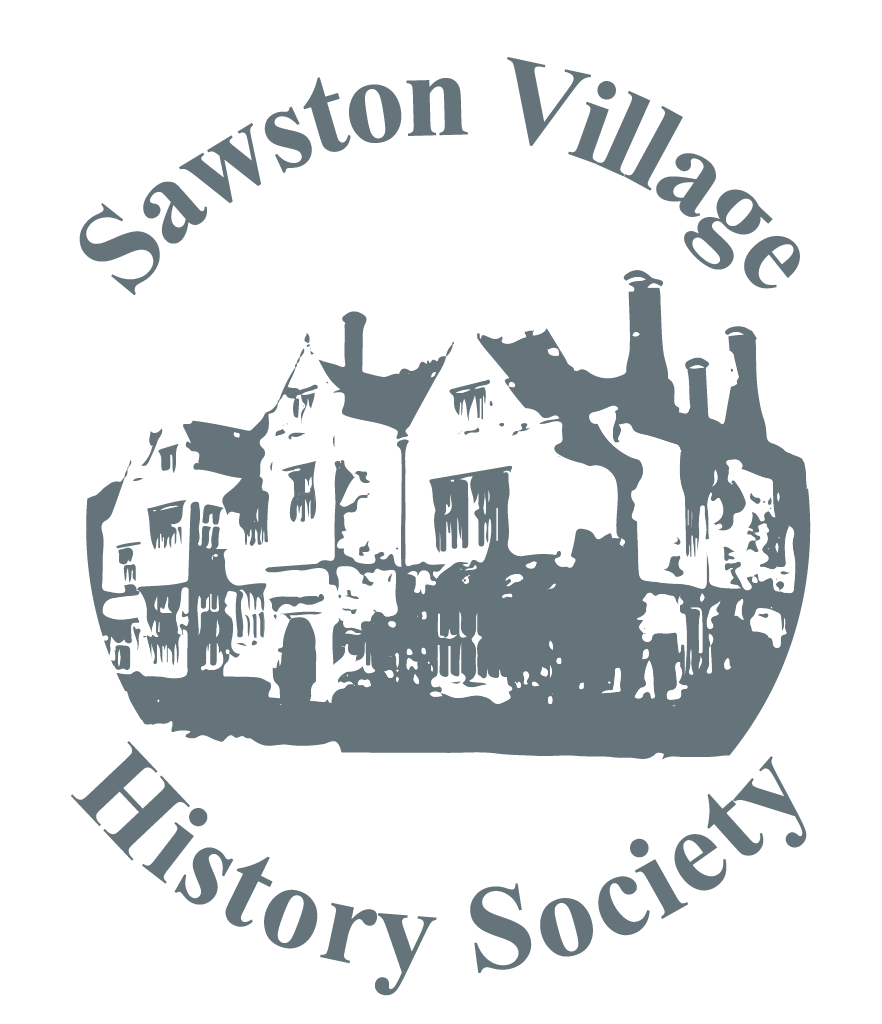
You know King John was a bad king against whom the barons rebelled and made him sign the Magna Carta. Well, you are wrong, he didn't sign it, in fact he may not even have been able to write: he fixed his seal to it. What you certainly will not know, unless you attended this meeting, is that it was a Sawston boy, amongst others, who made him do it.
History records that John was the worst of all our kings, and he did fall out with the Church in a big way. History in those days was written by monks particularly Roger of Wendover and Matthew Paris, who made him a pantomime villain. He was said to be very keen on hunting with hawks and for deer, and for other men's wives and daughters. John was born in 1166, the youngest son of Henry II and Eleanor of Aquitaine. When he was 5, three of his brothers plotted unsuccessfully against their father to seize the throne, helped by their mother and Louis VII of France. With this example at an impressionable age, no wonder he turned out as he did.
Henry II's two oldest sons predeceased him so he was succeeded by Richard I (the Lionheart) in 1189, who had already declared his intention to go on the third crusade. He declared Arthur, the four year old son of his dead older brother, as his heir. In the political turmoil which developed in Richard's absence, fighting between forces loyal to Richard or John only ended when Richard returned. John fled to France where he stayed for the remainder of Richard's reign, but fought successfully against Phillip II on Richard's behalf.
On Richard's death in 1199, John became king according to Norman law. However Angevin law favoured Arthur and was supported by the majority of the Breton, Maine and Anjou nobles and Philip II. John's continental empire was in danger of being cut in two. John made two big mistakes: he decided to marry Isabella of Angouleme, and disposed of her fiancé in defiance of Philip II. Philip confiscated all John's lands on the continent and gave them to Arthur, except for Normandy which he kept for himself. John was now being attacked from the east by Philip, and Arthur was moving north against him. John moved south and took Arthur by surprise at Mirebeau. Arthur was captured and imprisoned and probably killed by John. But his allies deserted him and things became impossible so he returned to England.
Having lost most of his French lands he had less revenue and had to increase taxes to compensate. He also got into a row with the church over the appointment of the archbishop. Pope Innocent III intervened and appointed Stephen Langton. John returned to France to try to reclaim his lost lands but suffered a decisive defeat at the battle of Bouvines in 1214 which forced him to again to return to England.
The Barons had had enough of John by now and met at Bury St Edmunds where they swore an oath to prepare a list of demands restricting the actions of the king. The Church was also involved as were many of the king's advisers. This document was signed by Simon Langton, Archbishop of Canterbury and many others including the Bishop of Rochester, Benedict of Sawston.
Some of the key points were:
John was not a happy man and appealed to the Pope, who said he could not be made to swear an oath so could ignore it. The barons captured Rochester Castle, but John recaptured it. On his way to Newark across the Wash, his baggage train containing his large collection of jewels got caught in the incoming tide and was lost. John was suffering with dysentery but made it as far as Newark where he died. He may have been poisoned by the Abbot. He was buried according to his wishes at Worcester Cathedral.
A Magna Carta memorial has been placed at Runnymede by the American Bar Association in appreciation of the influence it had on the American constitution. In The History of the English Speaking Peoples, Churchill wrote "When the long tally is added, it will be seen that the British nation and the English speaking world owe far more to the vices of John than to the labours of virtuous sovereigns; for it was through the union of many forces against him that the most famous milestone of our rights and freedom was in fact set up."